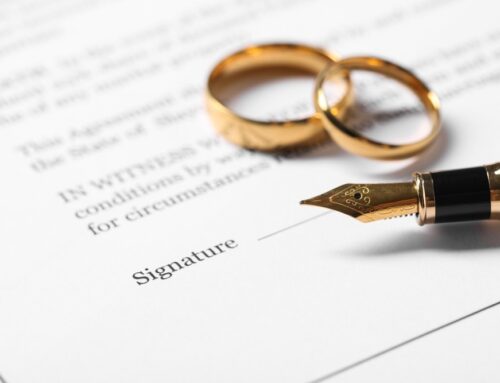What is Parental Responsibility?
Parental Responsibility (PR) is defined in s.3(1)(a) Children Act 1989 as “all the rights, duties, powers, responsibilities and authority that a parent of a child has in relation to the child and his property by law.” By its very definition, PR is a wide concept, and it is not realistically possible to define each and every area that PR will cover. Its aim, therefore, is to give the parent responsibility for taking all the important decisions in the child’s life. Some common areas include: education, faith and diet.
How can you acquire Parental Responsibility?
According to s.2 Children Act 1989 a child’s mother will always have PR for her child.
The Child’s Father
The child’s father can acquire PR in the following ways:
- He will automatically acquire PR if the parents were married at the time of the birth
- He marries the mother after the birth
- He is registered as the child’s father on the birth certificate (this will only apply if the child was born after 1 December 2003)
- He enters into a Parental Responsibility Agreement with the mother, and they file the agreement at the Principal Registry of the Family Division of the High Court
- He obtains a court Order granting him PR
- He is named in a Child Arrangements Order as the person with whom the child is to live
- If he is named in a Child Arrangements Order as the person with whom the child is to spend time, or otherwise have contact with, the Court can decide if it would be appropriate to make a PR Order in his favour
- He becomes the Child’s guardian
- He adopts the child
Step-parents
A step-parent can acquire PR for a child if he or she is married or in a civil partnership with a parent of the child who has PR if they do one of the following:
- Enter into a PR agreement with the parent (if only one parent has PR) or both parents and files the agreement at the Principal Registry of the Family Division of the High Court
- Obtains a Court Order giving them PR
- They are named in a Child Arrangements Order as a person with whom the child is to live. PR will only endure for as long as the Child Arrangements Order is in place.
- They are named in a Child Arrangements Order as a person with whom the child is to spend time or otherwise have contact with. The Court has the discretion to decide whether PR should be granted in this case. If PR is granted, it will only endure for as long as the Child Arrangements Order is in place.
If you would like further information on Parental Responsibility or other children matters, please contact our Family Solicitor, Aadil Khan, on 0118 9589711 or email aadil.khan@barrettandco.co.uk. Aadil offers a one-hour confidential fixed fee meeting at our Reading office for £95 including VAT.





